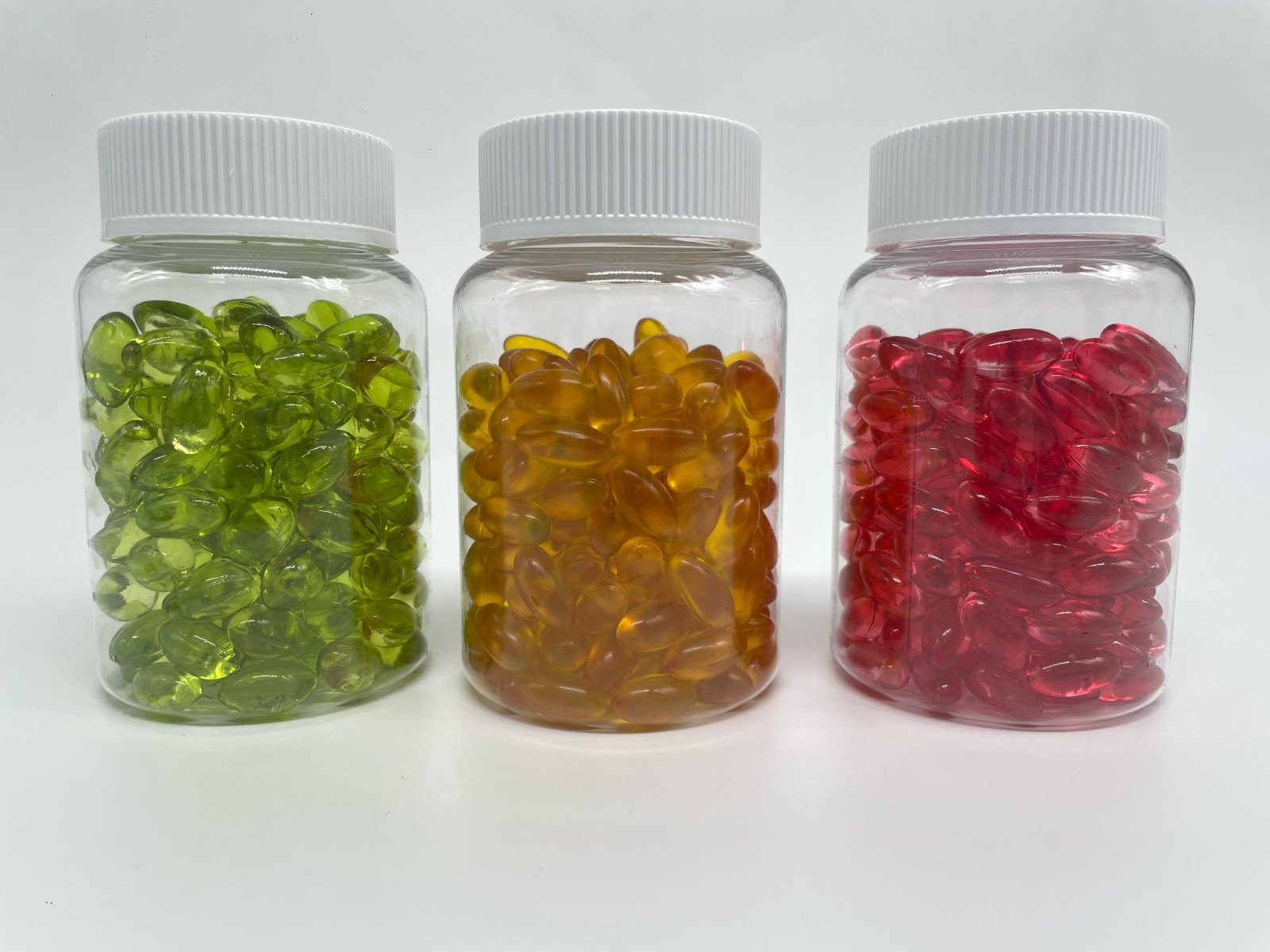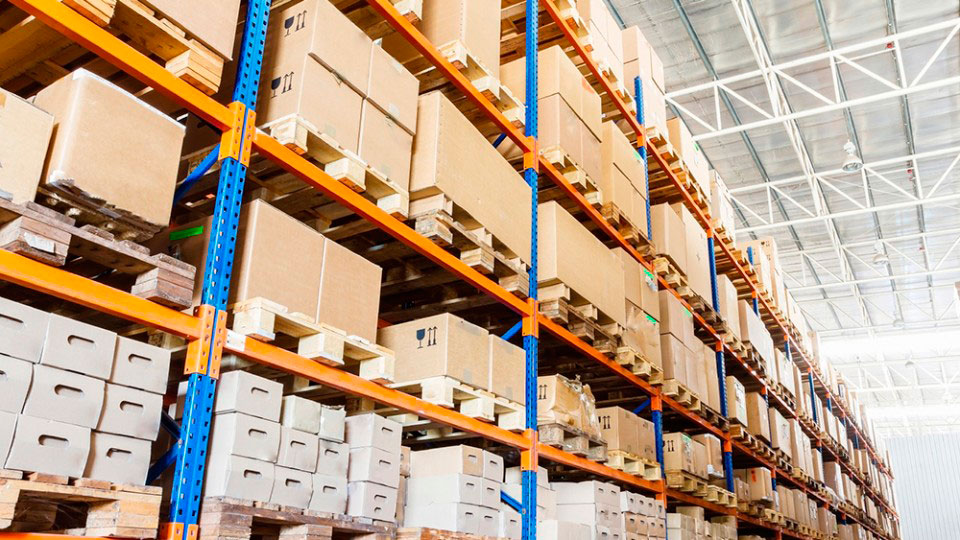A sachet is a flat three- or four-seam bag (flow-pack) made of multilayer polymer films or combined materials. The name of this package had derived from the French word “sachet” (bag). ⠀ ⠀
- This type of package is perfect for a wide range of bulk, liquid, gel, cream and paste products: cosmetic, pharmaceutical, food, household chemicals, etc.
- The portioned sachets, due to their tightness, enable to maintain the freshness of the product and use fewer preservatives in the product.
- The bags are user-friendly – it is easy to take it with you on a trip, to work, it takes up less space and requires no additional packaging.
- Hygienic packaging, minimal contact of the product with other things, while the product can be used “on the go”.
- Profitability. Even if a consumer cannot afford a large package of a product, a small sachet can be an “economical” alternative. On the other hand, if there is no need to use a large package of medicine, then a couple of sachets will be the best option.
Benefits for product manufacturers: ⠀
- Small sachets are easily situated near supermarket checkouts, where a lot of “catch the eye” shopping is known.
- The manufacturer sells much more sachets than the product in a large package, despite the fact that the price per 100 g can be several times higher. Accordingly, the manufacturer’s profit also increases.
- Since information about the composition of the product and the manufacturer is applied to the carton, the manufacturer can choose the design of the bag packaging among variety of options.
- The circle of consumers is expanding. Sachet packages are in great demand in the field service - in transport, airports, restaurants, hotels.
- Excellent opportunities for advertising a product for cosmetics manufacturers - a client who has tried a sampler will decide much faster to buy a cream or shampoo.
KazBAD LLP promptly carries out packaging of products in sachet-bags in Almaty. The cost of our services is much lower than the costs the client will incur when launching their own production site, because the fixed production and administration costs of the co-packer are distributed equally among all customers, and the fixed costs are entirely the costs of the owner of the trademark or brand in the case of own production.






















